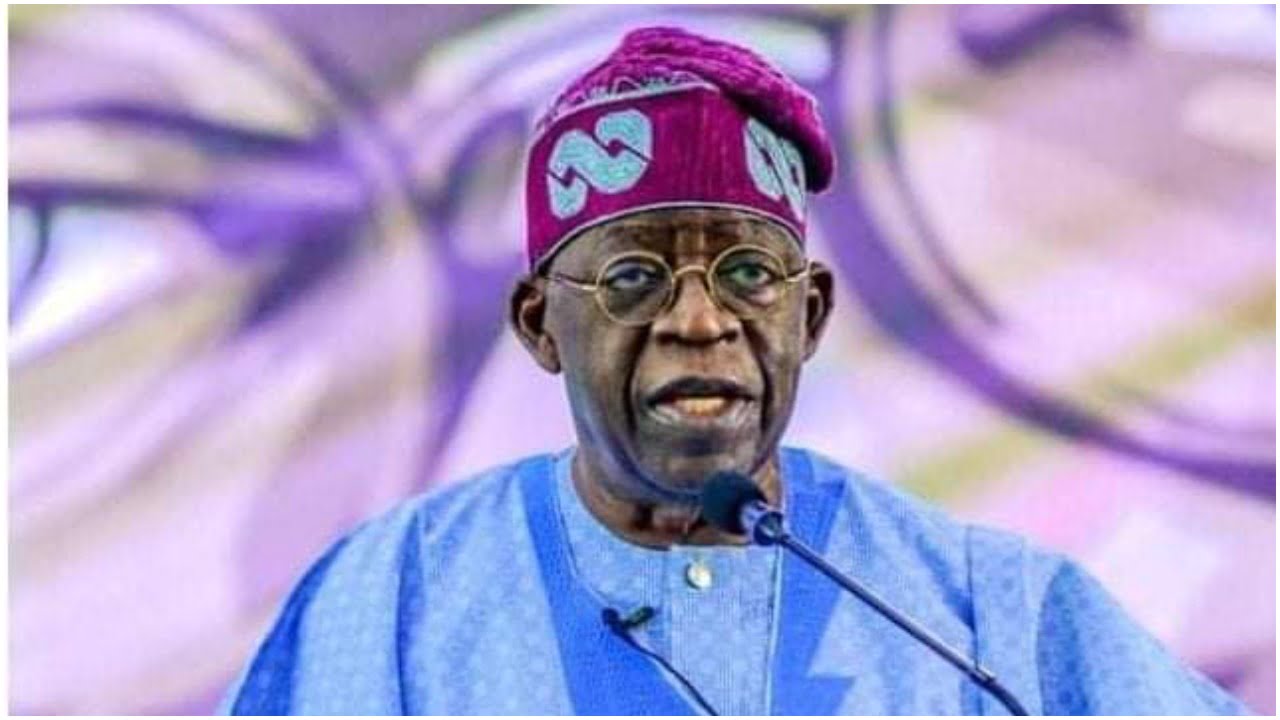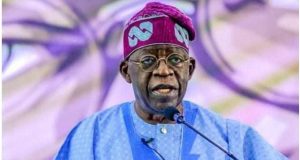
Bola Tinubu
He recently had his say via a press statement, and Nigerians have been reacting.
According to him, President Bola Tinubu is currently making the same borrowing mistakes by his predecessor, Muhammadu Buhari, and he doubts the budget’s ability to promote sustainable economic growth or tackle the nation’s longstanding issues.
He added that the 2025 budget simply lacks the structural reforms and fiscal discipline required to address Nigeria’s multifaceted economic challenges.
His words, “To bridge this fiscal gap, the administration plans to secure over N13tn in new borrowings, including N9tn in direct loans and N4tn in project-specific financing.
This borrowing strategy mirrors the approach of previous administrations, leading to escalating public debt and compounding risks related to interest payments and foreign exchange exposure.
By the third quarter of 2024, less than 35% of the capital expenditure allocated to ministries, departments, and agencies had been disbursed, despite claims of 85% budget implementation. This raises concerns about the effective execution of the 2025 budget.
The 2025 budget lacks the structural reforms and fiscal discipline required to address Nigeria’s multifaceted economic challenges. To enhance its credibility, the administration must prioritise reducing inefficiencies in government operations, tackling contract inflation, and focusing on long-term fiscal sustainability rather than perpetuating unsustainable borrowing and recurrent spending patterns.
This imbalance undermines fiscal stability, crowds out essential investments, and perpetuates a cycle of increasing borrowing.
The government’s recurrent expenditure, which accounts for over N14tn (30% of the budget), remains disproportionately high, according to Atiku.
This reflects the continued operation of an oversized bureaucracy and inefficient public enterprises, leaving limited resources for development projects.
After accounting for debt servicing and recurrent expenditure, the remaining funds for capital spending—representing 25% to 34% of the total budget—are insufficient to address Nigeria’s infrastructure deficit or stimulate growth. This equates to an average capital allocation of N80,000 (approximately $45) per capita, which is inadequate for a country grappling with slow economic growth and infrastructural underdevelopment.
By imposing additional tax burdens on an already struggling populace, without addressing inefficiencies in governance, the government risks stifling domestic consumption and deepening economic hardship.”
WOW.
![DJ Baddo – All Of Me Remix ft John Legend [AuDio]](https://www.naijavibe.net/wp-content/uploads/wordpress-popular-posts/94409-featured-40x40.jpg) DJ Baddo – All Of Me Remix ft John Legend [AuDio]
DJ Baddo – All Of Me Remix ft John Legend [AuDio]  Dj Kamol – Crazy Gyration ft Skailey Normal [AuDio]
Dj Kamol – Crazy Gyration ft Skailey Normal [AuDio] ![Mr. Charis - All Back ft Zouwrah [AuDio]](https://www.naijavibe.net/wp-content/uploads/wordpress-popular-posts/67331-featured-40x40.jpg) Mr. Charis – All Back ft Zouwrah [AuDio]
Mr. Charis – All Back ft Zouwrah [AuDio] ![Iyanya – Credit ft Don Jazzy [AuDio]](https://www.naijavibe.net/wp-content/uploads/wordpress-popular-posts/167713-featured-40x40.jpg) Iyanya – Credit ft Don Jazzy [AuDio]
Iyanya – Credit ft Don Jazzy [AuDio]  Victony, Don Toliver & Rema – Soweto
Victony, Don Toliver & Rema – Soweto ![DJ Enimoney - Shaku Shaku Therapy [MixTape]](https://www.naijavibe.net/wp-content/uploads/wordpress-popular-posts/155494-featured-40x40.jpg) DJ Enimoney – Shaku Shaku Therapy [MixTape]
DJ Enimoney – Shaku Shaku Therapy [MixTape] ![Yung6ix – I Pray ft Oritse Femi [AuDio]](https://www.naijavibe.net/wp-content/uploads/wordpress-popular-posts/163012-featured-40x40.jpeg) Yung6ix – I Pray ft Oritse Femi [AuDio]
Yung6ix – I Pray ft Oritse Femi [AuDio]  Tekno – Freetown
Tekno – Freetown  NaijaVibe at 10 MixTape
NaijaVibe at 10 MixTape ![Big C - Obimo ft Starface [AuDio]](https://www.naijavibe.net/wp-content/uploads/wordpress-popular-posts/19188-featured-40x40.jpeg) Big C – Obimo ft Starface [AuDio]
Big C – Obimo ft Starface [AuDio] ![Kolasoul - All Of Me [AuDio]](https://www.naijavibe.net/wp-content/uploads/wordpress-popular-posts/40876-featured-40x40.jpg) Kolasoul – All Of Me [AuDio]
Kolasoul – All Of Me [AuDio] ![Tiwa Savage – One [AuDio]](https://www.naijavibe.net/wp-content/uploads/wordpress-popular-posts/169878-featured-40x40.jpg) Tiwa Savage – One [AuDio]
Tiwa Savage – One [AuDio]
 NaijaVibe NaijaVibe | Download Latest Nigerian Music & Mp3s
NaijaVibe NaijaVibe | Download Latest Nigerian Music & Mp3s


